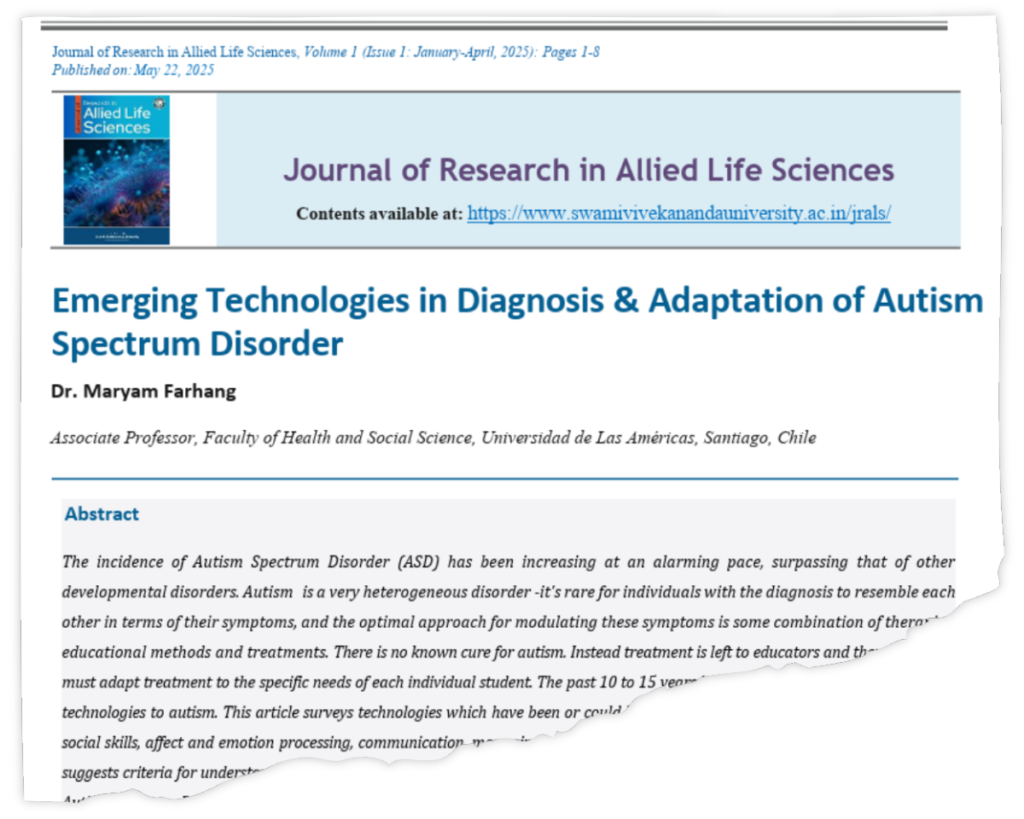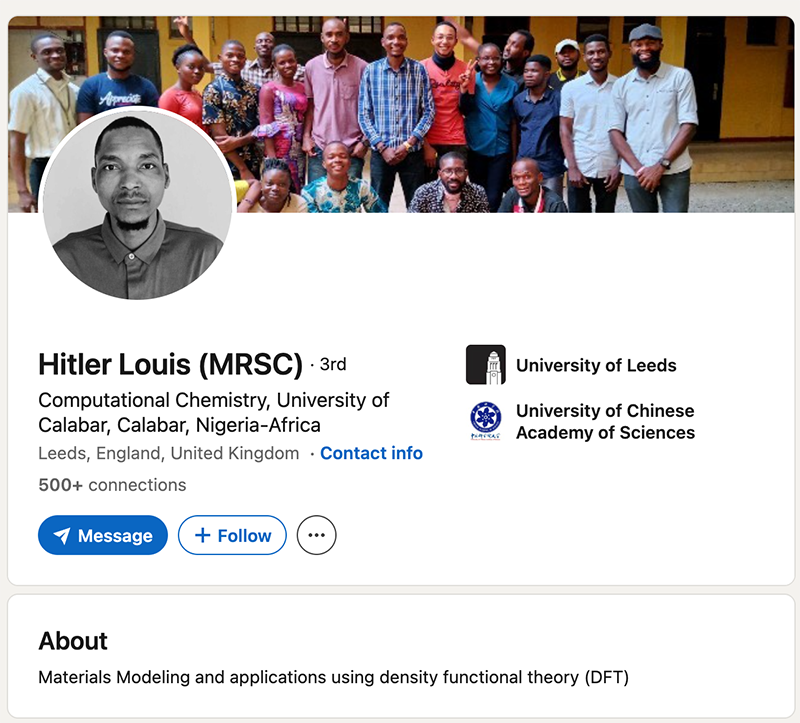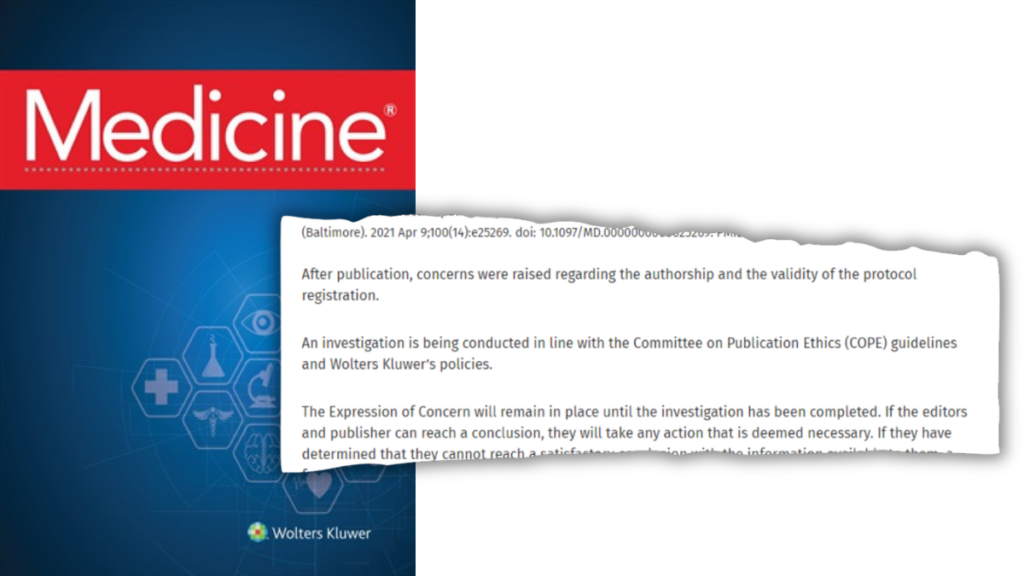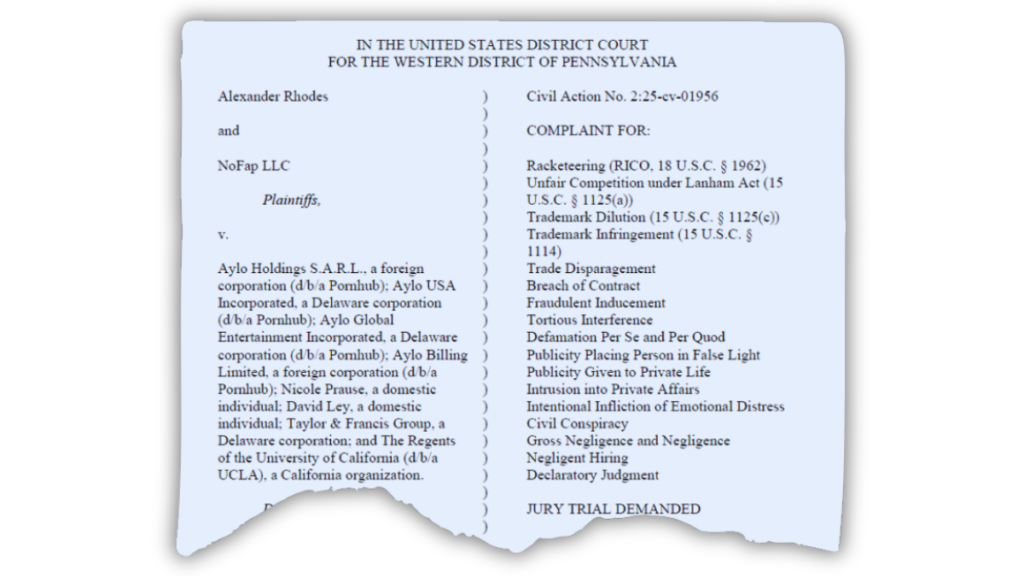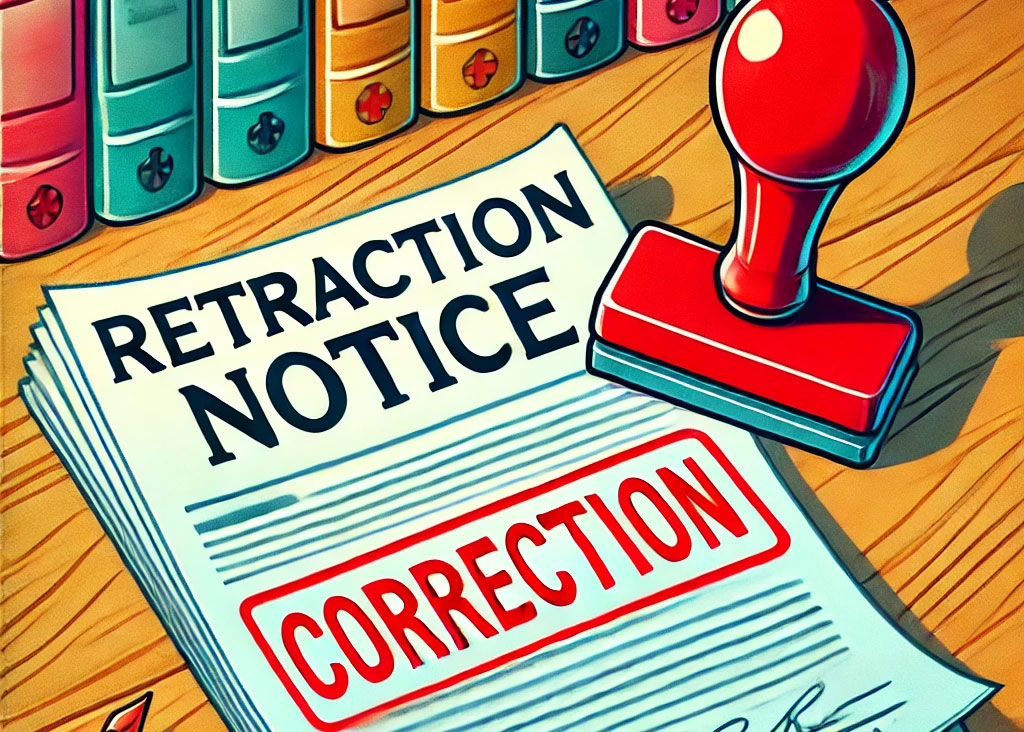
If your week flew by — we know ours did — catch up here with what you might have missed.
The week at Retraction Watch featured:
- Journal retracts GLP-1 study after researcher questions central finding
- Chemist nears three dozen retractions for image duplication, self-citation and more
- Heart researcher asked to attend remedial training after OSU misconduct finding, report reveals
- Exclusive: Unrest at Wiley journal whose EIC is cited in more than half of its papers
- Researcher ‘honestly shocked’ to discover name on paper, editor claims misunderstanding
- Plus: Announcing the Retraction Watch Research Accountability Reporting Fellowship
- And a job opening at the Medical Evidence Project
In case you missed the news, the Hijacked Journal Checker now has more than 400 entries. The Retraction Watch Database has over 63,000 retractions. Our list of COVID-19 retractions is up to nearly 650, and our mass resignations list has 50 entries. We keep tabs on all this and more. If you value this work, please consider showing your support with a tax-deductible donation. Every dollar counts.
Here’s what was happening elsewhere (some of these items may be paywalled, metered access, or require free registration to read):
Continue reading Weekend reads: Institute to stop paying fees for some OA journals; sleuths’ tips for spotting fraud; Bayer sues J&J over ‘false and misleading claims’